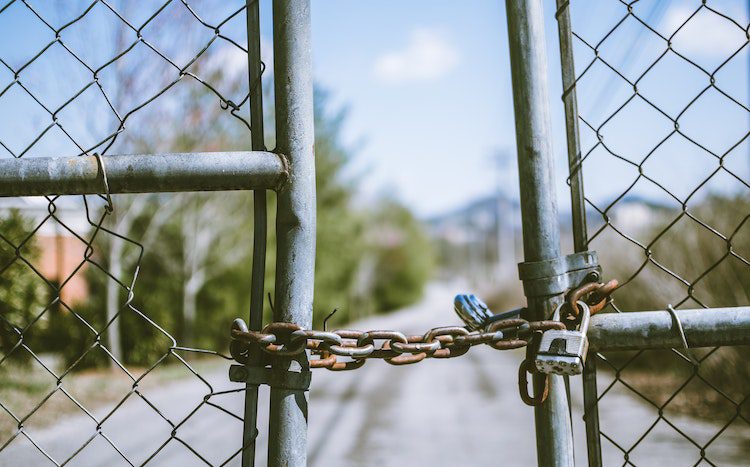 Progressive medical treatment is vital to the success of long-term sobriety and the ongoing management of addiction recovery. According to 2020 statistics, less than 15 percent of people with substance use disorder (SUD) or alcohol use disorder (AUD) receive treatment. All too often, affordability and employment issues are the primary deterrents to entering a treatment program. However, there are some options for securing quality care
Progressive medical treatment is vital to the success of long-term sobriety and the ongoing management of addiction recovery. According to 2020 statistics, less than 15 percent of people with substance use disorder (SUD) or alcohol use disorder (AUD) receive treatment. All too often, affordability and employment issues are the primary deterrents to entering a treatment program. However, there are some options for securing quality care
Insurance for Addiction Treatment
As an extension of the Affordable Care Act (ACA), the Mental Health Parity and Addiction Equity Act (MHPAEA) requires health insurers and large group health plans to provide “the same level of benefits for mental and/or substance use treatment and services that they do for medical/surgical care.” MHPAEA also includes most qualified individual and small group plans offered on the Health Insurance Marketplace. The term “parity” applies to collective protections under federal law.
Pay close attention to the following:
- The Americans With Disabilities Act (ADA) classifies substance abuse as a disability. However, there are important restrictions, so make sure to review them carefully to ensure you qualify for covered benefits under your insurance policy.
- As required by the ACA, your insurer should have a clear outline of what your plan provides, including services, out-of-network costs, and relatable costs and limitations. This outline is called a summary of benefits and coverage, or SBC. You should have access to the SBC by request or online. Use it to understand what’s allowable in your policy for SUD or AUD treatment when consulting with rehabilitation centers.
Here are more tips for using insurance to pay for addiction treatment.
Medicaid and Medicare for Drug and Alcohol Rehab
State-sponsored health benefits for behavioral health/substance abuse treatment services are available for people within certain income brackets or who have extenuating circumstances, such as age, disability, or pregnancy.
However, not all addiction rehabilitation centers accept Medicaid or Medicare, so make sure it’s one of the first questions you clarify with a facility’s admissions staff.
Employment Protection Under FMLA
Some people have a valid concern that they’ll lose their job if they go to rehab. However, because of ADA protections, employees of any government department or companies with 15 or more workers can’t be fired for seeking addiction treatment.
Additionally, under the Family and Medical Leave Act (FMLA), eligible employees can take up to 12 weeks of unpaid leave per year. An employee also retains group health benefits during their leave.
This law applies to “all public agencies, all public and private elementary and secondary schools, and companies with 50 or more employees.” Employers are required to provide their employees FMLA benefits if they have:
- Continuous employment for a minimum of 12 months
- Worked at least 1,250 hours
- Performed the work at a location within 75 miles where the company employs 50 or more employees
The FMLA guidelines also state that employees are “entitled to return to the same or an equivalent job at the end of your FMLA leave.” However, there are numerous stipulations about this, so review this fact sheet for additional information.
Facility-Specific Work Programs
Many addiction rehabilitation centers develop specialized treatment programs that encourage unity between a patient, their employer, and a facility’s professional care team. Founded on pillars of confidentiality, trust, accountability, and clear expectations, inpatient and outpatient services structured in this way remove one more hurdle for someone eager to receive proper care for SUD, <a href="https://greatoaksrecovery.com/alcohol-detoxification/">AUD</a>, and co-occurring mood disorders.
For example, Great Oaks offers the Ready-to-Work (RTW) program, which is “designed to create a treatment alliance between employees, employers, and the Great Oaks’ clinical team to support a sustainable transition back to a productive workplace relationship.”
The RTW program is structured to meet the unique needs of each individual using evidence-based methods. Lasting 28–40 days, the program typically consists of:
- A certain number of hours devoted to group cognitive-behavioral therapy. This helps a person build connections through their actions and thoughts, understand how they relate to addiction triggers and, more importantly, and use better awareness to control them.
- Introduction to and immersion in 12-Step recovery management groups to create a pattern of accountability and purpose.
- The inclusion of process groups—two of which are gender-specific—to receive encouragement, support, and feedback about how to move into recovery.
- Access to complementary stress-relieving modalities such as yoga, meditation, equine therapy, and more.
- A detailed discharge plan and continuing care support.
Options for Healing at Great Oaks
Our fully accredited addiction rehabilitation center just outside of Houston wants to provide an open door to healing services. We accept most major insurance carriers and partner with the Tactical Recovery rehabilitation program, which is approved to accept VA Health benefits through the Community Care Network (CCN). The CCN allows Veterans and the VA to utilize community partners outside the VA system.
Additionally, ask an admissions counselor about how the Great Oaks’ Ready-to-Work program might benefit you, your loved one, or an employee.



